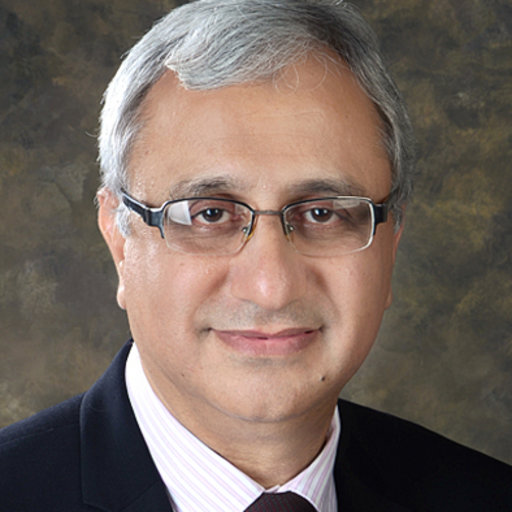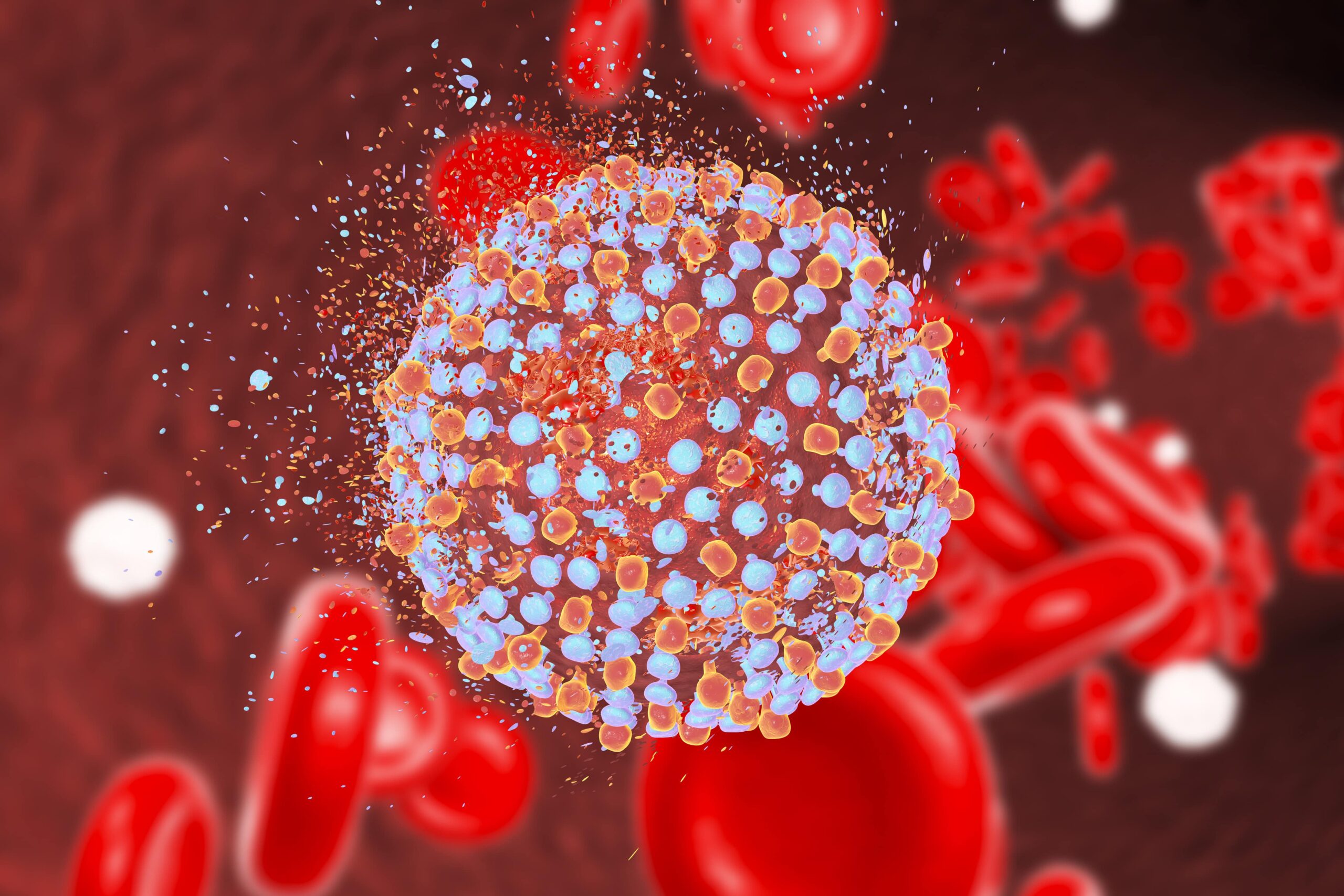Assessing the potential cost-effectiveness of centralized vs point-of-care testing for hepatitis C virus in Pakistan : a model-based comparison
Pakistan has the second highest burden of hepatitis C globally. One of the reasons for this high prevalence is the absence of a comprehensive screening program that can identify the millions of unaccounted-for individuals who require care. Price per test can be deceiving so with comprehensive health economic analyses, we can assess a health intervention’s value for money and cost during an entire diagnostic journey. Find out more on how we can do it with this publication because #HepatitisCantWait
Pakistan has the second highest burden of hepatitis C globally. One of the reasons for this high prevalence is the absence of a comprehensive screening program that can identify the millions of unaccounted-for individuals who require care. Price per test can be deceiving so with comprehensive health economic analyses, we can assess a health intervention’s value for money and cost during an entire diagnostic journey. Find out more on how we can do it with this publication because #HepatitisCantWait
Hepatitis C kills around 24,000 people in Pakistan every year, which is more than COVID and malaria. Reports suggest that 20-30% of people infected with hepatitis C develop liver cirrhosis and annually 3-5% progress to liver cancer.
There are multiple reasons for its spread, but one of the main reasons is unsafe health practices, a lack of awareness, and accessibility.

Dr. Zaigham Abbas, Head of Gastroenterology at Ziauddin University Hospital in Clifton Karachi, Pakistan, and President of the Pakistan Society for the Study of Liver Diseases (PSSLD), stated that Pakistan has the highest rates of HCV infection Most of these people are undiagnosed and unaware of their status, as they have no symptoms and don’t feel sick. In order to reduce and eliminate this number, 90% of patients must be diagnosed, 80% must be treated, and a 65% reduction in mortality must be achieved.
Roche is now working with the government to eradicate hepatitis C by 2030, which is a goal set by the WHO for Pakistan. Find out more about the experts’ views on how we can work towards this goal together and reach out to us to find out more on how you can join us in our efforts because #HepatitisCantWait.
Hear from the industry experts

Pakistan’s national HCV elimination programme: insights from Dr Huma Qureshi
Dr Huma Qureshi, a prominent gastroenterologist and researcher, helped introduce direct-active antivirals to Pakistan and helped forge its National Hepatitis Strategic Framework. Read more as she shares her thoughts on best practices for screening and elimination across the region.


Tackling HCV in Punjab: local experts share strategies for success
Dr Huma Qureshi, a prominent gastroenterologist and researcher, helped introduce direct-active antivirals to Pakistan and helped forge its National Hepatitis Strategic Framework. Read more as she shares her thoughts on best practices for screening and elimination across the region.



